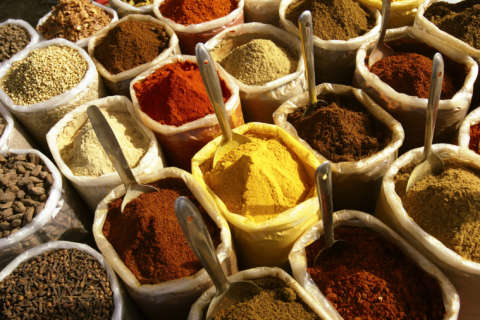WASHINGTON — We often think of bacteria as a reason for concern. But while the microscopic living organisms can be dangerous, they also can be beneficial. Lean Plate Club™ blogger Sally Squires says researchers are learning a great deal about bacteria and how they can help us live longer, healthier lives.
“In our bodies, we are more bacteria than human cells,” Squires said. “It’s mostly healthy bacteria and it plays a major role in how you age and whether you are aging well.”
Research has shown that as we age, the number and diversity of bacteria in our bodies declines. That change becomes a problem because as the bacteria diminish, our bodies become susceptible to diseases including allergies, diabetes, arthritis, digestive disorders and even some neuropsychiatric problems.
Squires said researchers have found that healthy centenarians have more diverse bacteria than others their age who are living in nursing homes or assisted living facilities. She says it’s leading experts to try to find new ways to increase both the number and diversity of healthy bacteria in our bodies.
And the food we eat plays a major role in the development of this friendly bacteria in the gut and elsewhere in the body.
“Some of the things that we already know are good for us — fruits, vegetables, nuts, fiber, yogurt — all seem to help our good bacteria thrive,” Squires said.
“If you eat yogurt or use buttermilk, you are getting probiotics that contain friendly bacteria,” Squires added. “These microbes ferment cabbage into sauerkraut, turn cucumbers into sour pickles and give buttermilk its tangy taste.”
Squires said scientists know that other foods also help nourish healthy bacteria in the body. These include chicory root, onions, garlic, artichokes, bananas, wheat and asparagus. All of these contain something called inulin, which is a starchy substance that can help your digestive system function and also decrease the body’s ability to make certain kinds of fats.
These are typically poorly digested by the stomach and they nourish friendly bacteria in the intestine, which allows them to multiply and squeeze out harmful microorganisms.
Squires said this information is very promising and important because the population of those older than 65 is about to explode.
There are currently about 46 million Americans 65 years of age and older. By 2060, that number is expected to more than double to 98 million.







